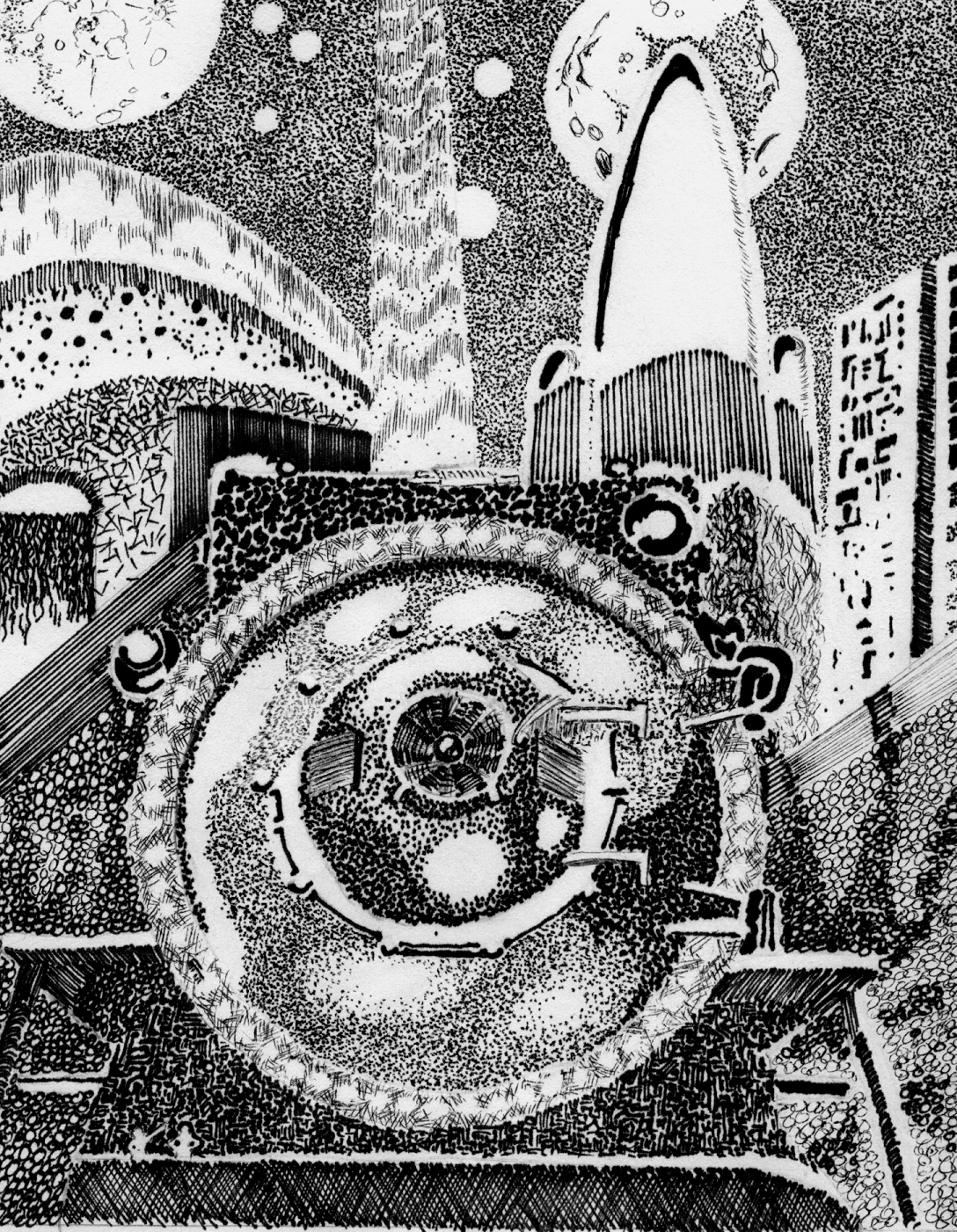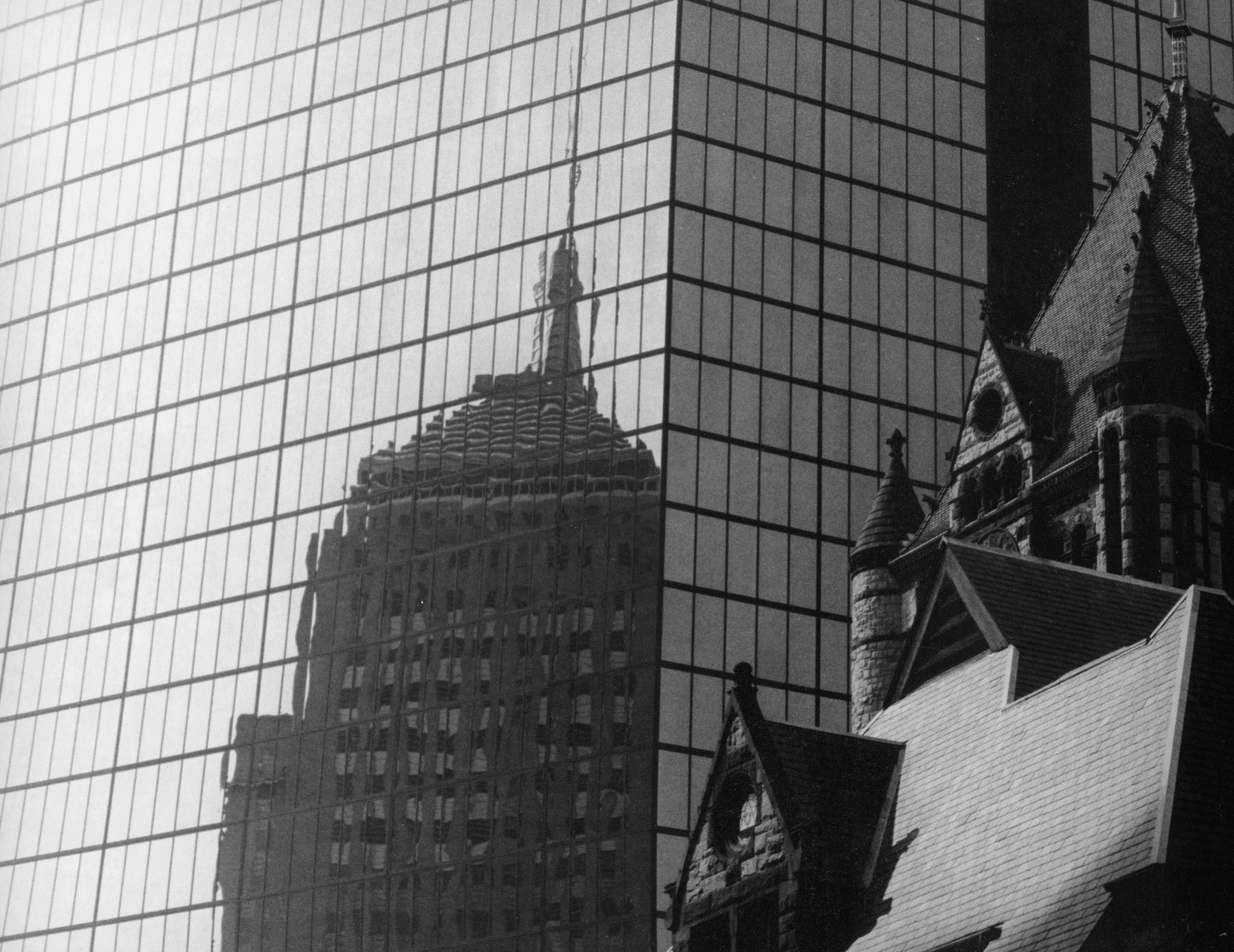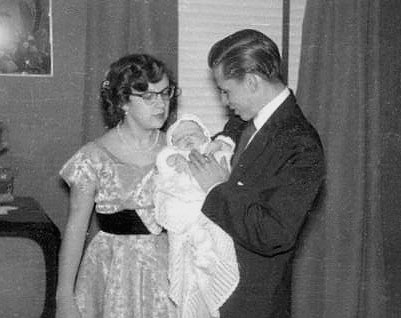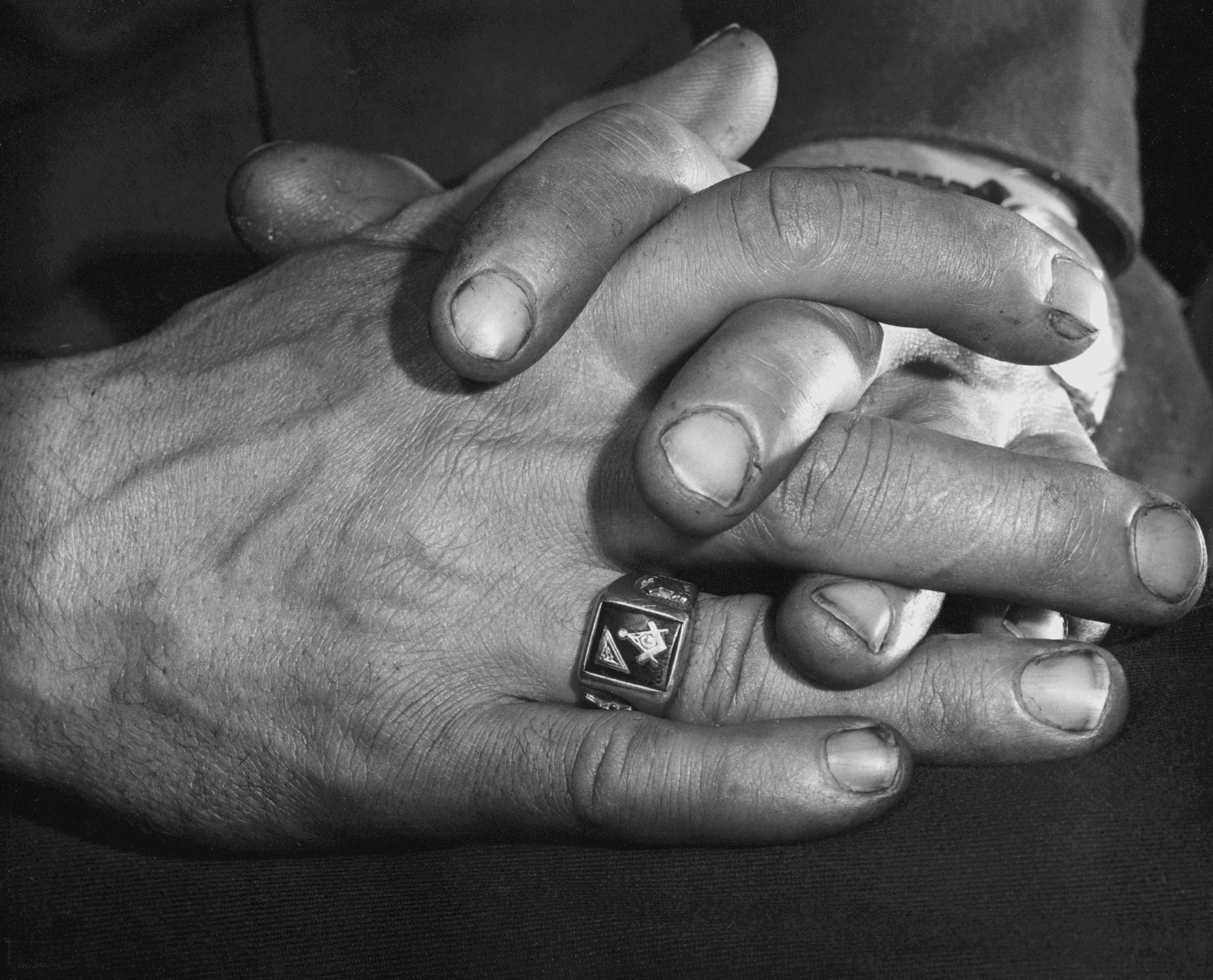I came within a few synapses of buying a keyboard today. An old Yamaha, double-manual, polyphonic ensemble—portable, with a stand. No amplifier. There was a time I would have fallen all over myself to get one of these for under five hundred bucks. This one—sitting on the grass in someone’s back yard, part of the swag obtainable at the annual neighborhood yard sale we attend—was going for twenty-five bucks.
And I passed.
Couldn’t change my mind, either, a young fellow was right behind us and snatched it up.
Now, I could say that I passed on it because I never buy a keyboard without trying it out, to see if all the notes and pots work, to see, basically, if it both sounds good and feels right. Feel is very important in these matters.
But that would be waffling, really. I didn’t buy because…well, why? I’m going to be 55 in a few weeks and my days of gigging are more than thirty years past. I do not play well enough anymore to justify having more than the one piano I have—an instrument, by the way, the capacities of which I have yet to max out.
I play at playing music. Way, way back in the distant past, there was a period of a couple of years when I could sit in with other bands, could do a reasonably good evening of rock-n-roll with some classical stuff thrown in for the oohs and ahhs. I played every day, usually for three hours, often more. I wanted to be Keith Emerson. I could do a couple of the less complex ELP tunes.
But I did not have all the other requisite drives to make it as a professional musician. I hate dealing with the business side, for one thing, something I confess to still dislike.  I am not constitutionally equipped to make money. I wanted to play music.
But I also wanted to play the music I wanted to play and the fact is that as in everything else one does to make a living, you don’t really often get to do what you want to do—you have to please the customer. And I lost patience with the pathetic musical taste of my so-called audience back then. I—and the guys playing with me—would break our backs learning some really cool piece of choice music (something by Genesis, say, or Yes or, one time I remember, something by Premiata Forneria Marconi—and if you do not know who they were, go check them out, for your musical education is lacking) and put it out there at a gig and receive lukewarm response and a request for something from the Doobie Brothers. Not that I dislike the Doobies, mind you, but it just wasn’t up there, in my opinion. Actually the audience just wasn’t up there.
So I walked away. I sold all my equipment and said to hell with it. Didn’t play for several years.
We bought a piano in 1989. The last gig I’d done was about 1977 or 78. I had forgotten damn near everything.
But I hadn’t bought the thing to relive glory days or revisit tunes I could enjoy easily on the stereo—I’d bought it to do what I wanted to do. So I wrote a few pieces, played in the mornings just to reset my mood for the day, jammed, really. Over the years, I have occasionally picked up a piece of sheet music and worked at it, but basically I play a kind of pretend music. In my mind it is. It’s kind of like Keith Jarrett, who improvises everything he does. Of course, Jarrett is marvelously skilled and educated so his improvisations are fascinating, intricate. Mine are a bit redundant. I’ve developed a suite of a couple dozen motifs that I can mix and match and then just sit down and rip on them.
People listening, when I’m in a groove, think it’s amazing, and the structure is such that most of them think I’m playing something they just can’t quite recognize. But it’s a rudimentary form of jazz freeform. Middle-level musicians enjoy what I’m doing but know it’s more or less fake.
Oddly enough, the few really good musicians I know love listening, because to them it’s just spontaneous composition and they’ve worked very hard to get to a point where they can do the same thing. As long as I don’t play too long, they’re actually impressed.
About once a month, if I’m not doing anything else, I play at a small church open mic from January to August. The audience is small, they never have requests, and they think I’m pretty good. At least, they clearly enjoy themselves when I play.
And that’s enough. I’m playing. I’m playing from the heart. I’m playing what I want. I don’t really need much more, though sometimes I’d like more.
So why did I pass on the yard sale keyboard? Because two keyboards means more discipline. It means I’m getting serious about doing music that I no longer do. It means—to me, from inside my skull—that I have to knuckle down and practice and prove I deserve to be playing. It means pressure.
There might come a time I decide, because I really want to, that I need to get my chops back in a serious way. But not now. I’m concentrating on my writing. That’s the work that needs the lion’s share of my attention. If I start playing music three or four hours a day again, I’ll short-change the important stuff. So I passed. I don’t need it. I’m okay with where I’m at with what I do with the music I make.
Besides…where the hell would I put it?










